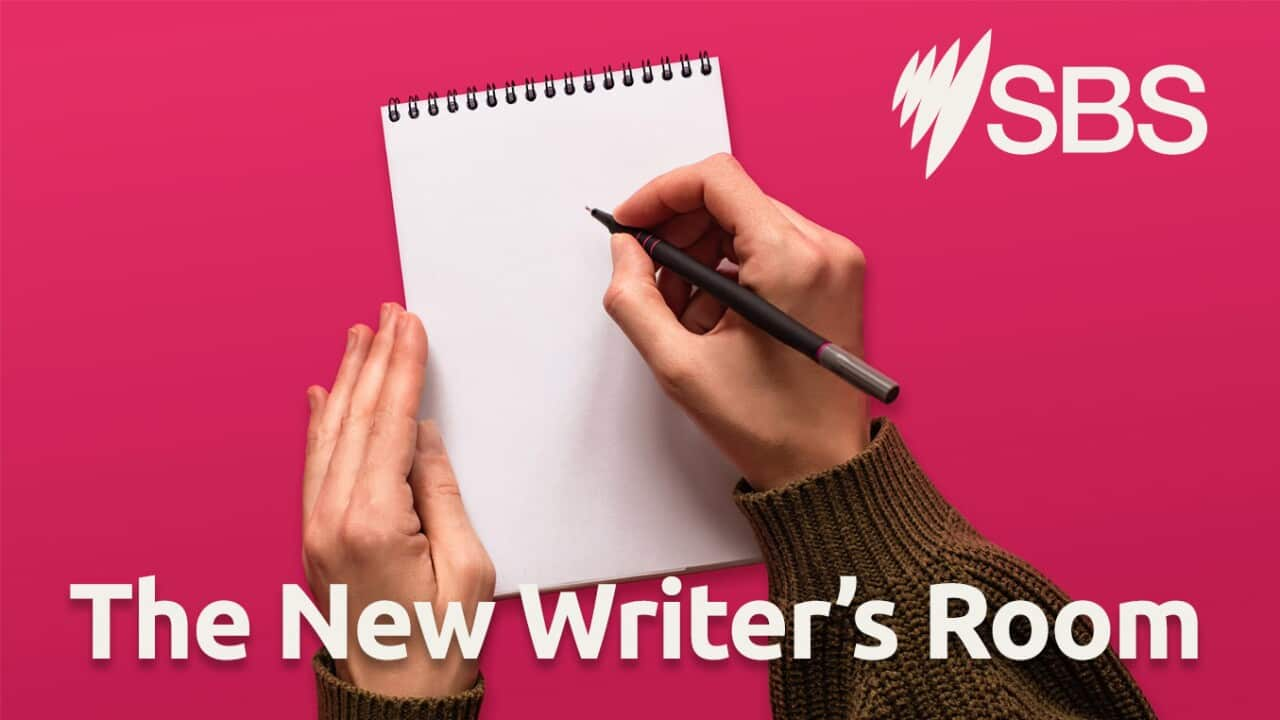For me, 2012 was a momentous year. It was the year I moved from Melbourne to Sydney to pursue a dream of becoming a full-time freelance writer. It was the year I put my faith in my own instincts about the kind of life I wanted to shape rather than the life the people I loved expected of me. And it was the year that telling my mother how much I’d earned from writing after 12 months of working 12-hour days made her cry.
My mother, the oldest daughter of an accountant, is a smart and practical woman who’s always supported my decisions – even if she hasn’t necessarily understood them. When I relocated to NSW, broke after losing an editorial job I’d poured my heart into, she flew from Perth to help me pack, wrangling T-cartons and over-familiar strangers from Gumtree.
Financial precarity has always been part of the dubious glamour of being a writer.
She texted me a picture of Cousin News, the ‘publication’ I used to make as a child for my grandparents back in India. Her reaction didn’t stem from her lack of belief in my drive or ability. It stemmed from the fact that she couldn’t protect me from the pitfalls of the path I’d chosen.
When I tell my white friends this story, they laugh disbelievingly. My friends who are also the children of immigrants? They share similar stories of their own.
Of course, financial precarity has always been part of the dubious glamour of being a writer. Dostoevsky was in debt to his landlady, avoiding her on the stairwell. Zora Neale Hurston died alone in a Florida welfare home, despite her fame and literary achievements.
The average income from writing books in Australia is $12,900.
This conflation of writing and poverty turns the figure of the struggling writer into a martyr, their art ennobled by their willingness to suffer. But it also hides the material conditions that need to exist for writing – and writers – to get made.
In a , Lynn Steger Strong argues that sustaining a long-term writing career takes time, space and money, gifts that are often the consequence of a banker husband or a secret inheritance or some other source of wealth or privilege.
More insidious, still, I think is the way that sustaining a career as a writer depends on access to various forms of cultural and social capital. I’ve never felt as much of an impostor as I did on assignment covering fashion week my first April in Sydney, surrounded by journalists who’d interned at Vogue and attended the same fancy private schools. This was despite the fact that I’d obsessively hoarded magazines since I was 13.
“You don’t get into this industry for the money,” my writer friends say to each other ruefully, mostly while lamenting a late invoice. They’re right – into the income of full-time writers, conducted by Macquarie University, found that the average income from writing books in Australia is $12,900. But I’ve never been able to indulge the myth of the starving artist as a second-generation immigrant. I know, have always known, that art is a salve, not a commodity. I’ve felt the world open up to me in the pages of a novel and in the colours of a painting.
But each year I’ve been a working writer, I’ve tried to make the trade-offs that are necessary when it comes to clawing out a writing life that’s both creatively fulfilling and financially stable. I don’t own a house or have children. But I have inherited the bone-deep need to ensure that the sacrifices my mother made by moving to a new country didn’t evaporate in service of my untenable – and unsustainable – dreams.
I’ve always trusted my ability to make a living as a writer. But recently, the terms of this inheritance have grown shaky - along with the belief that one story of writerly success can fix a system whose barriers lift up some voices at the expense of others. When we believe in our own exceptionalism, we forget how much we need each other. If we want to make space for a culture that lets all kinds of writers to tell stories, we can’t do it alone.
SBS wants to hear your story...because there's a writer in all of us. Submit your story of 1000-2000 words that speaks to the beauty and/or challenges of being Between Two Worlds in diverse Australia and you could win up to $5000 and kickstart your career. Entries are open from August 16-September 16. Go to for more information and register to enter.
Listen to SBS Voice’s new podcast, The New Writer’s Room, in the , , , , or wherever you listen to podcasts.
MORE ABOUT THE 2021 SBS EMERGING WRITERS' COMPETITION

SBS Emerging Writers’ Competition Terms and Conditions 2022



